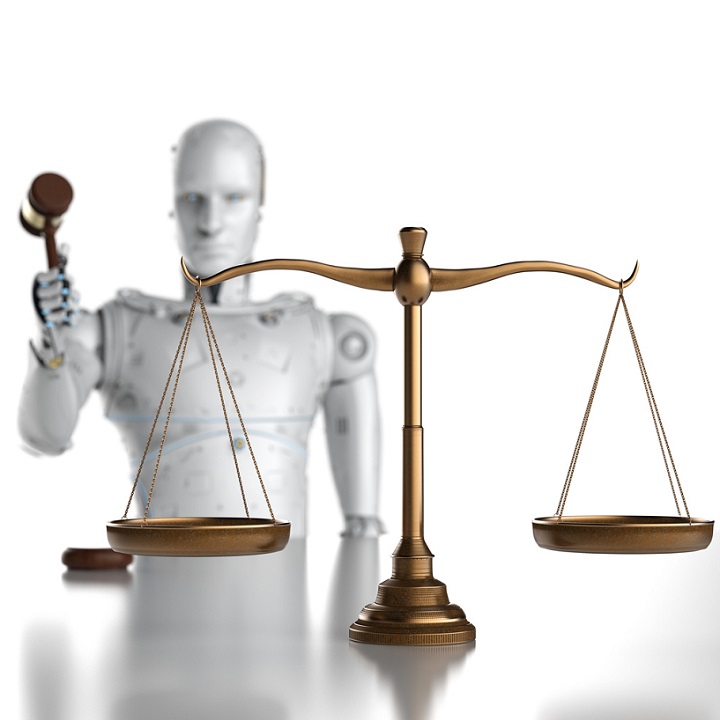As companies ramp up their use of automated employment decision-making tools and platforms in the workforce, the deployment of artificial intelligence (AI) in recruitment, screening, interviewing and hiring is evolving rapidly. The pandemic hastened this trend: Covid-19 forced organizations to quickly pivot to remote protocols so they increasingly relied on technology in the hiring process, with many moving away from in-person interviews to video and audio instead. Now, companies are able to leverage algorithmic advancements to tailor profiles for open positions, screen résumés and even evaluate candidates through facial recognition algorithms during video job interviews.
These rapid advancements create new legal compliance challenges for companies. For example, advancements in AI and technology can introduce additional opportunities for bias and inaccuracy to exist in the hiring process. Also, the collection, use and storage of biometric, genetic and other personal identifiable information could impact compliance with data privacy obligations.
Several states have either enacted or proposed legislation governing the use of biometric and genetic data obtained from candidates. Illinois, Texas and Washington are among those that have passed biometric information privacy legislation, and New York City recently enacted similar legislation governing the use of such data obtained during the recruitment and hiring process. Under these statutes, biometric information is broadly defined. For example, Illinois’ Biometric Information Privacy Act defines it as any information, regardless of how it is captured, converted, stored or shared, based on an individual’s biometric identifier used to identify an individual. These laws further provide that an employer may not collect, capture, purchase, receive through trade or otherwise obtain this information without informed consent.
Illinois has also enacted the Artificial Intelligence Video Interview Act, which requires companies to notify job seekers that AI will be used in deciding if the candidate is fit for a position, as well as explain how it’s used and what characteristics it relies on.
While still in the early stages of AI usage, a handful of courts have held employers liable for collecting data without permission, even where they used third-party vendors to collect and store the information, notably Facebook (Patel v. Facebook, Inc., No. 3:15-cv-03747 [N.D. Cal.]) and Rogers v. BNSF Railway Co., No. 19 C 3083.
The proliferation of AI in hiring practices has also prompted the US Equal Employment Opportunity Commission and several other federal agencies to call on Congress to enact legislation to address these emerging challenges and use these existing state and municipal laws to protect candidates from discrimination stemming from the use of AI and automated systems.
To abide by existing laws, employers should implement written policies governing the use of AI-enabled tools for hiring and should supplement existing written information security policies to address the storage, handling and disposal of collected data. These policies should consider the following:
- Securing the candidate’s written consent if you intend to collect, use, store or disclose any biometric information.
- Notifying candidates in writing that their information is being collected or stored, as well as the purpose and length of time it will be collected, stored and used.
- Establishing a schedule for biometric data retention, plus guidelines for permanently destroying biometric information whether or not the candidate requests deletion.
- If using AI or automated tools to screen applicants, providing accommodations for people with disabilities when requested.
Companies must also be wary of how candidates may exploit the technology. For example, a candidate could enable someone else to represent them during interviews by using AI to create an audio and visual likeness. If hired, the new employee may not reflect the applicant initially interviewed.
The continued evolution of automated employment decision tools and platforms can be of great benefit to employers, but they and their counsel need to be mindful of the legal implications and ethical impact in the use of AI technology during the hiring process.







